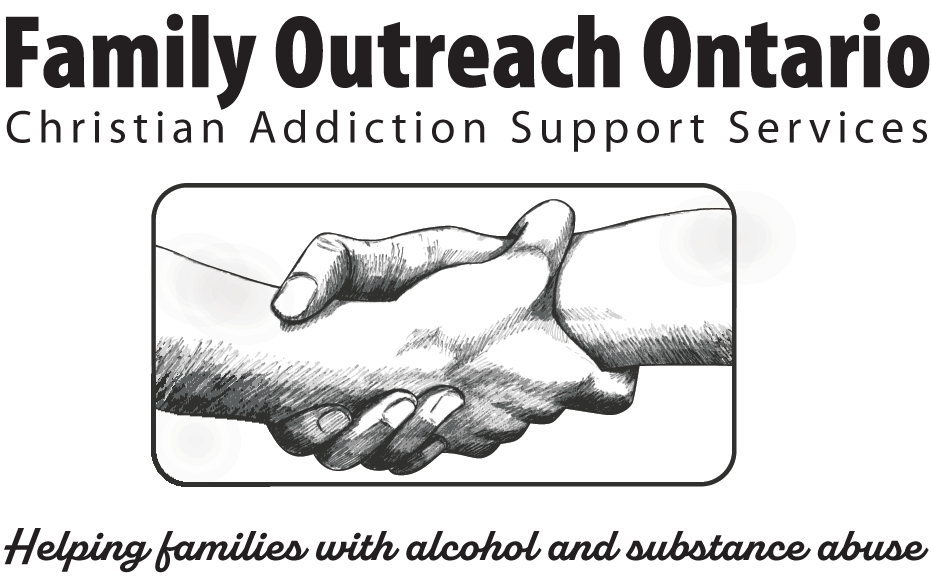The nature of chemical addiction is complex and difficult to fully understand. Since alcoholism is the most common addiction we encounter in our interaction with those we serve, it provides insight into the broader scope of all chemical addictions. Here is one of the better definitions of alcoholism:
“Alcoholism is a progressive neurological disease strongly influenced by genetic vulnerability. Inherited or acquired abnormalities in brain chemistry create an altered response to alcohol which, in turn, causes a wide array of physical, psychological and behavioral problems. Although environmental and social factors will influence the progression and expression of the disease they are not in any sense causes of addictive drinking. Alcoholism is caused by biological/neurophysiological abnormalities that are passed down from one generation to the next or, in some cases acquired through heavy or prolonged drinking.”
Breaking this down yields the following key points.
Alcoholism is:
- A progressive neurological disease;
- Created by an altered response to alcohol;
- Not caused by socio-economic factors;
- Caused by physiological abnormalities passed down genetically or, in some cases, heavy or prolonged drinking.
Addiction to other chemical substances follows similar scrutiny.
Although not technically correct, the following offers some guidelines regarding chemical addiction:
- If “whatever it is you’re ingesting” is hurting you and or those you love, and you are aware of it, yet continue that behavior regardless of this knowledge, you are almost certainly addicted to it.
- Whenever you obsess over something and or engage with it to the detriment of your own well-being there is a pretty high probability that you are addicted to it.
- The continued abuse of alcohol or other substances, such as prescription or street drugs, over an extended period, almost always falls into the category of addiction.
